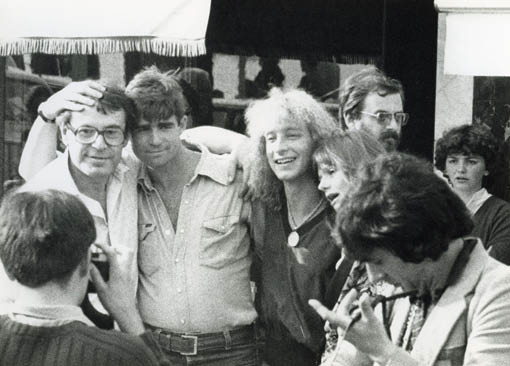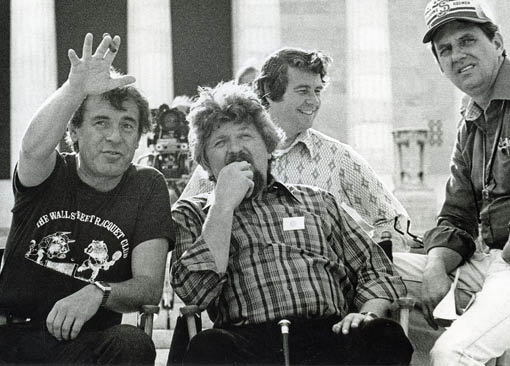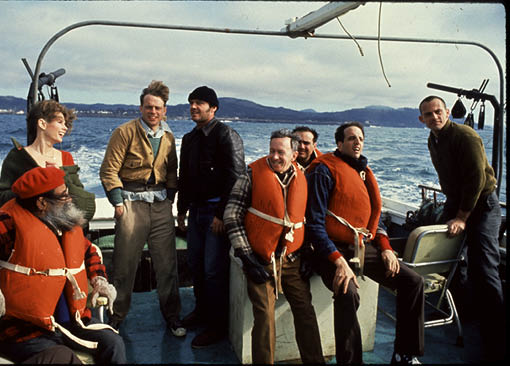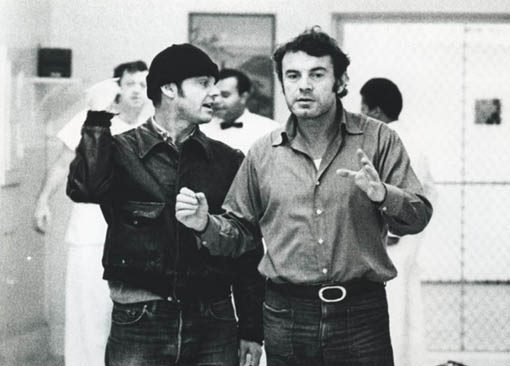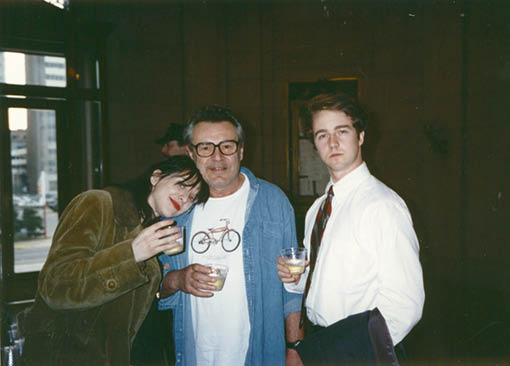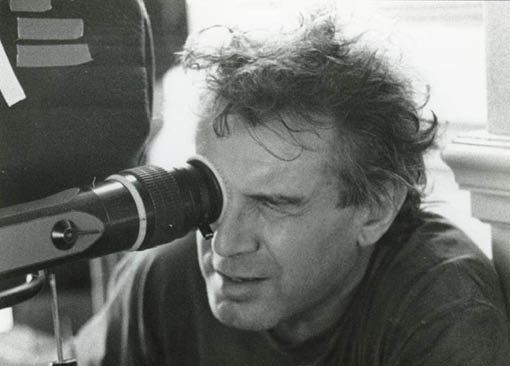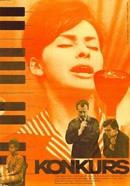Valmont
Whose revenge is more devastating? The revenge of a man, or the revenge of a woman? How do people pay for playing around with the feelings of others? The charming widow the Marquise de Merteuil starts an unscrupulous game of revenge with her ageing lover Gercourt who is leaving her to marry her own cousin, the young Cecile who was raised in a convent.
The Marquise’s friend, the court seducer Vicomte de Valmont becomes the tool of her revenge. In order to punish Gercourt - who hankers after Cecile’s virginity - Vicomte is supposed to seduce Cecile before her wedding thus robbing Gercourt of his prize.
Forman’s adaptation of the famous novel “Les Liaisons Dangereuses“ by Choderlos de Laclos focuses on the author’s reflection of French high society at the end of 18th century, and also considers the concept of absolute freedom, which can only be achieved through the separation from basic human values, loneliness, or death.
|



